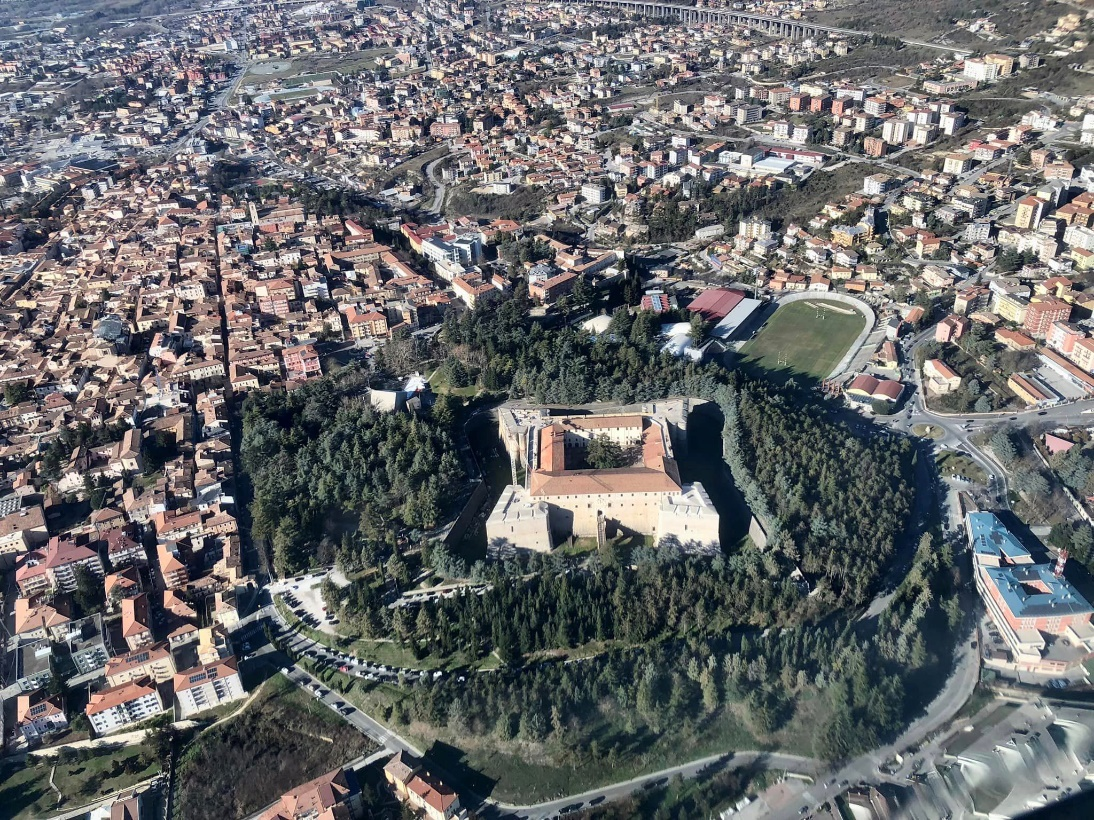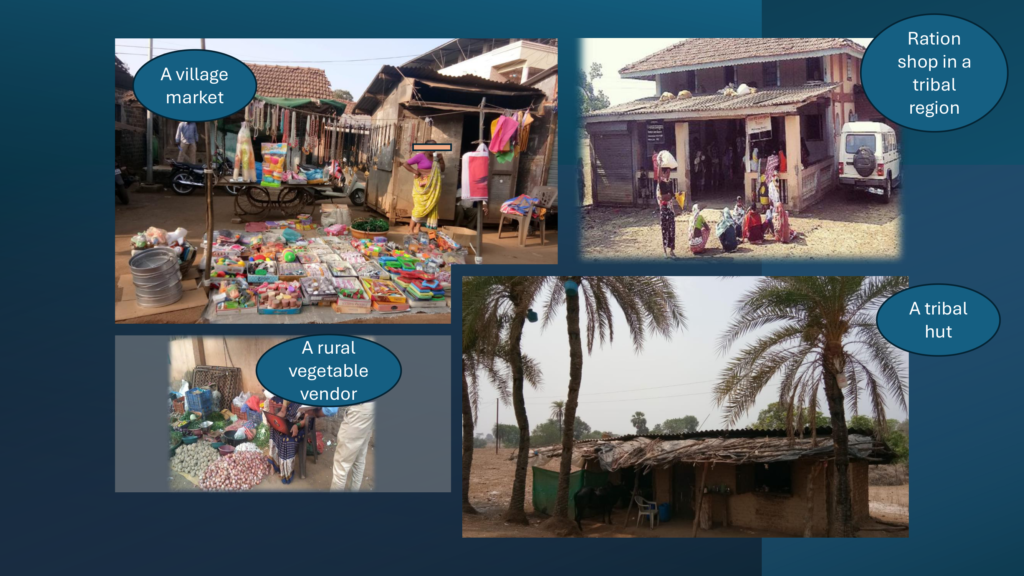City Know-hows

Although the CASE and MAPs were supposed to be temporary shelters for displaced persons, after fourteen years, they have not received proper maintenance and are dilapidated. This scenario opens to the idea that living in these places could negatively affect different psychological aspects, including perceived urban quality and environmental well-being.
Share
Target audience
City officers, urban leaders, and professions in urban and environmental policy
The problem
After the earthquake that struck L’Aquila city, Italy, on 6 April 2009 there were projects for emergency shelter. MAPs (Moduli Abitativi Provvisori) provided temporary housing modules and CASE (Complessi Antisismici Sostenibili ed Ecocompatibili) built sustainable and environmentally friendly anti-seismic complexes. Although the CASE and MAPs were supposed to be temporary shelters for displaced persons, after fourteen years, they have not received proper maintenance and are dilapidated. This situation could affect inhabitants’ urban quality and environmental well-being.
What we did and why
Given that the negative structural conditions affecting the two main types of emergency housing in L’Aquila, such as MAPs and CASE projects, we evaluated perceived urban quality and environmental well-being in a sample of 100 inhabitants.
Our study’s contribution
Our study provides an innovative perspective on the critical situation involving the MAPs and CASE projects addressing different individual factors, including age, quality of life, and environmental well-being, after an emergency such as the L’Aquila earthquake of 6 April 2009.
Impacts for city policy and practice
The current research highlights the need to reframing residential and urban environmental objective to include the consideration of psychological features. This could better safeguard overall well-being across the life span of any ‘temporary’ emergency dwellings, and potentially for a long time after the emergency.
Further information
Full research article:
Perceived urban quality and environmental well-being during the post-earthquake in the emergency housing of L’Aquila by Enrico Perilli, Danilo Bontempo, Matteo Perazzini, Martina Bucci, Rosa Anna Passaretti, and Marco Giancola.
Related posts

Are you prepared for the health risks of extreme heat? Our new study shows that exposure to extreme heat increases the risk of mortality from Non-Communicable Diseases. Check out our systematic review of the effects of extreme heat, both indoors and outdoors, on health in the UK.

Overweight and obesity among mothers in the urban setting was twice compared to the rural. The percentage of households with an undernourished child and an overnourished mother was high in urban settings.

The foundation of children’s active lifestyles rests upon parents’ contentment with urban green spaces. This underscores the vital role urban planners and designers play in addressing parental concerns within these areas, thus amplifying children’s outdoor play and self-reliant exploration.